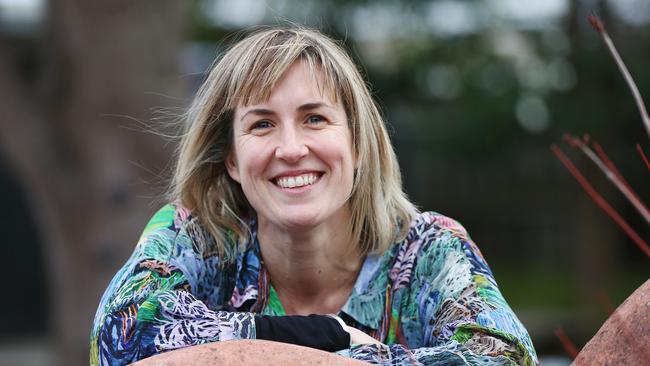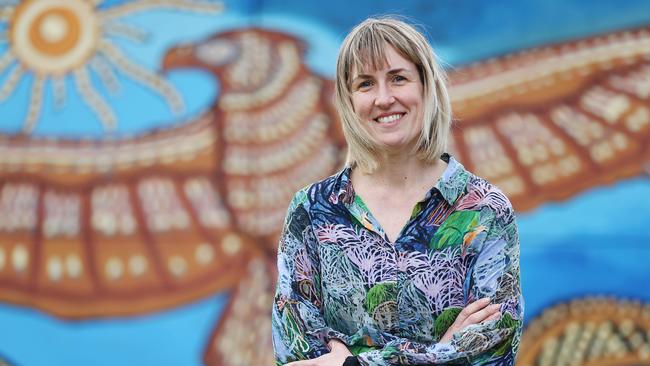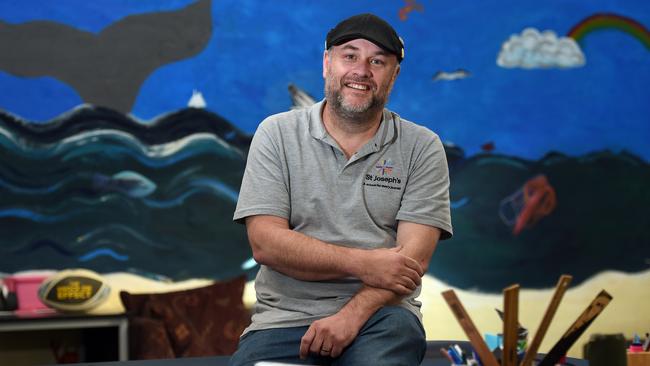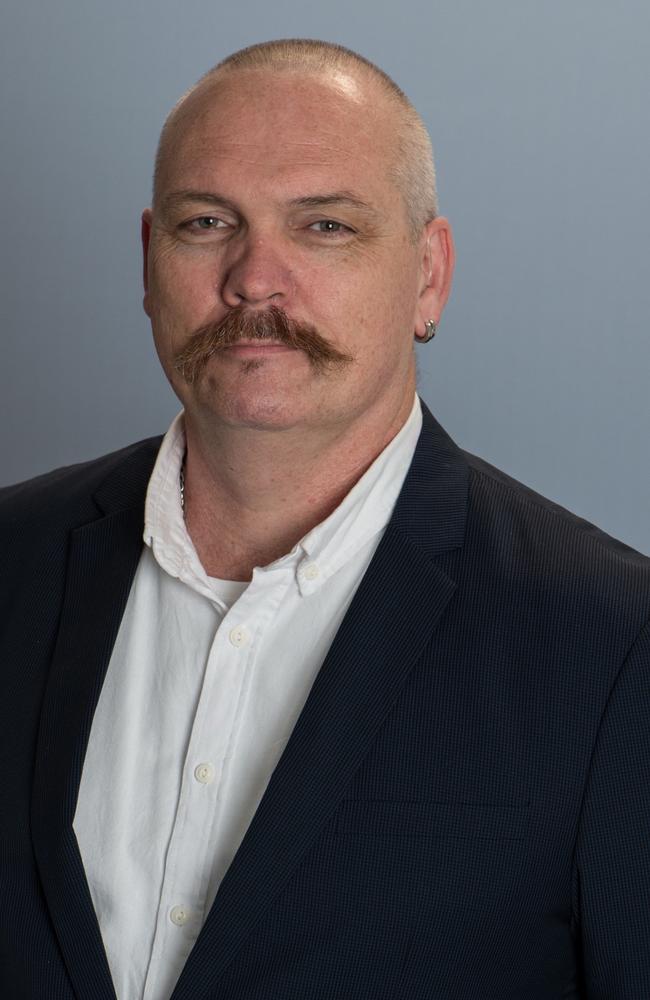Geelong non-mainstream education providers full as school refusal concerns grow
Education providers that cater to kids who refuse to attend mainstream school are at capacity in Geelong. See how they help struggling youths overcome challenges.

Geelong
Don't miss out on the headlines from Geelong. Followed categories will be added to My News.
Education facilities catering to kids who struggle to attend mainstream school are at capacity in Geelong, as concerns about school refusal grow.
Some young people distressed at the idea of going to school refuse to attend, affecting their development and causing stress for their families.
The St Joseph’s Flexible Learning Centre (SJFLC) campus in Grovedale and MacKillop Education’s Geelong campus in Whittington are both at capacity.

The latter has 80 students across prep to grade 12, and a significant waitlist, according to its co-principal Skye Staude.
“All of our young people have had an experience where they’ve either disengaged with mainstream school, or they are at risk,” Ms Staude said.
“At some point, they have refused school for a whole multitude of different reasons.
“Many have experienced significant gaps in their education.”
MacKillop Education Geelong offers personalised learning curriculums to students, who can have “very complex histories”.
Students can present with a broad range of conditions including autism, oppositional defiant disorder, ADHD and anxiety,and experience with intergenerational trauma.
The school has seen an increase in “pathological demand avoidance”.
“It means a young person finds it really hard to take any kind of demand or they can perceive any kind of instruction as a demand,” Ms Staude explained.
“So in terms of a teacher needing to instruct a class, that can be really difficult.”
Classes are capped at eight students, with a teacher and education support staffer in the classroom to meet their needs, “because they are so complex and can present in a lot of different ways”.
Small classes also mean that if a student begins to disengage, it can be addressed immediately.
A program called In2School, targeting school refusers, is being piloted at the school and has offered “really great results” so far, Ms Staude said.
There are talks of an extension.
“They’re a specific class with a separate program,” she said.
“It starts off really at that one-to-one (level), so the educators are just building relationships (with the students).
“A lot of those young people, it’s just building that trust with a safe adult.
“And knowing that the teacher is safe and the classroom is safe.”
In2School is a collaboration with several organisations.
Since Covid, MacKillop Education Geelong had seen an increase in students not wanting to attend school, and had also received more referrals, Ms Staude said.
Mental health was a key driver of school refusal, she said.
Ms Staude said the school offered “a lot” of internal learning for staff, who needed to be specialists in trauma-informed education.
The school, which offers the Victorian Pathways Certificate, also helps students with programs like canine therapy.
Ms Staude said a number of students had successfully transitioned back to mainstream school.
SJFLC campuses are located in Melbourne, Geelong and Colac.
Its Geelong campus, which opened in 2016 and offers a coeducational secondary program, has 140 students.
Many of them come from out-of-home care, and experience with the youth justice system and mental health issues are common among pupils.
“Unconditional positive regard is something we throw around a lot, that is accepting a young person when they have made a poor decision, they are welcome back the next day,” Chris Lougheed, manager of liberating education and formation at St Joseph’s flexible learning,said.

The schools help prepare young people, who can stay until age 25, for apprenticeship-based fields such as hospitality, youth or social work, building and childcare.
“All of the young people have come to this school on the basis there is a barrier to mainstream education,” Mr Lougheed said.
He calls what most know as school refusal “school can’t”.
“School can’t is a growing area,” he said.
“For a lot of these young people it’s not they’re refusing … they physically can’t, largely due to mental health issues.
“Within a school like ours you’d be looking at the majority would have struggled to attend full time in a mainstream setting.”
SJFLC works to adapt curriculums to individual students’ needs.
Additionally, a SJFLC virtual, flexible program catering to kids struggling with school refusal and running out of Melbourne has about 40 students from Geelong.
“We’re getting referrals to that program from every (kind of) school,” Mr Lougheed said.
“School refusing doesn’t have a price tag on it.”
Indie School Geelong, which also offers an alternative to mainstream school, opened in Rippleside in February offering year 10 and 11 classes.
At the time, head of school Tom Perrett reported “very high interest”, but it would not comment on if it was at capacity this month.
Mr Lougheed said the “absolute need” for kids unable to attend mainstream school was still not being met.
The Department of Parliamentary Services’ report on school refusal, released in April, found in Australia, school attendance had been trending downwards, with a marked decrease last year.
School refusal across the Geelong region increased in the wake of the pandemic, when students learnt from home during lockdowns.
Deakin University Associate Professor Tim Corcoran said school refusal was a persistent problem that ultimately had ramifications for everyone around the student, including family members and school staff.

“There’s potential impacts on the social relationships between the student and their peers,” he said.
He said there were many factors contributing to school refusal including stressful life events, illness, relationships with teachers, concerns about academic progression, problems with peers, or issues like bullying.
Professor Corcoran said there was certainly a place in the system for non-mainstream education options.
Mr Lougheed said school refusal was not a failure on the part of parents or the mainstream system.
“There are systemic barriers in place, I think one of the big barriers is we are still seen as alternative,” he said.
“We still offer the same curriculum … it really is just (seeing it as) this landscape of education.
“Then young people that come to us aren’t seen as ‘other’.”
More Coverage
Originally published as Geelong non-mainstream education providers full as school refusal concerns grow




